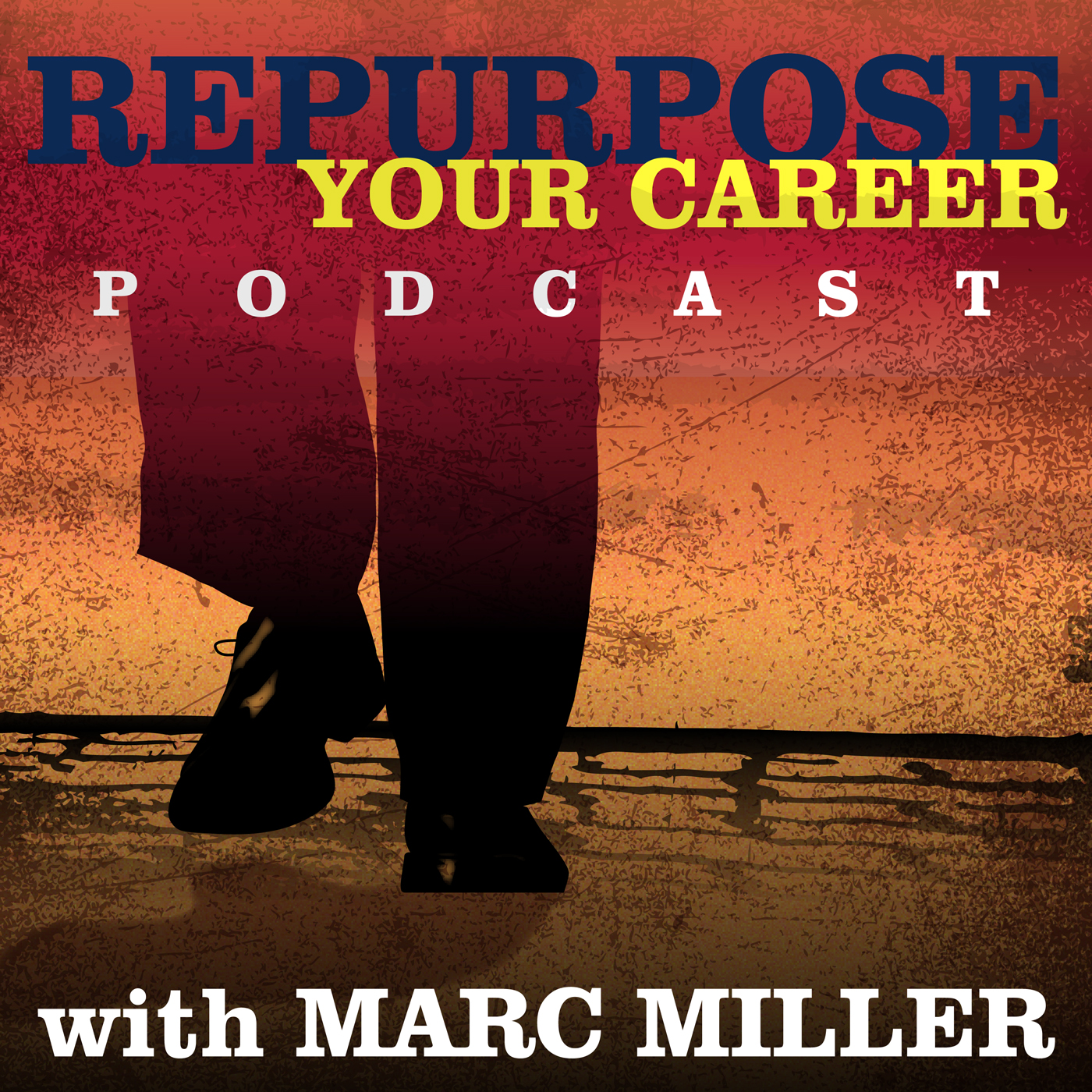Career Insecurity Zone
 The oldest of Generation Xers are now over the age of 55 years and are entering a career insecurity zone.
The oldest of Generation Xers are now over the age of 55 years and are entering a career insecurity zone.
I am encountering older Gen Xers who are questioning their career path (just like baby boomers who started doing this 10 years ago). This is particularly true of those who have been laid off or feel they could be laid off due to the COVID-19 Pandemic.
We know from the past that being over 50 years of age puts a big bullseye on your back when the economy falters. Propublica.com published an article called If You’re Over 50, Chances Are the Decision to Leave a Job Won’t be Yours. This was a joint effort with the Urban Institute. You can read their full study in the post: How Secure Is Employment at Older Ages?
In entering the career insecurity zone, they are asking the same questions that baby boomers did, but for different reasons.
Generation X Characteristics
Those who I see encountering these career crossroads have the following characteristics:
- Raised in single-parent households – Almost half of generation X was raised in single-parent households.
- Education was seen as a gateway to success and happiness – Almost all thought that, when they completed their degrees, they would get great jobs and achieve happiness. Many achieved the first goal but not the second.
- Generation Xers have the lowest divorce rate because they delayed getting married to avoid the same experience as their parents.
- Many married later in life and they may still have children in high school and entering their college years.
Generation Xers at the age of 55 have greater obligations and have smaller retirement accounts than baby boomers did at the same age.
(More: Gen X and Y – Like Oil and Water?)
Career Insecurity in the Time of COVID-19
Most baby boomers can relate to this Career Insecurity. This has been coming on ever since the oldest Gen Xers turned 50 or so a few years ago. Whether you call it a ‘mid-life crisis’ or just ‘reaching your 40s,’ it is about expectations of what could or should have been.
After working for 15 or 20 years, there was a certain expectation of success and happiness. We have several members of the Career Pivot community who have reached a point in their careers where they are questioning the choices they have made.
Others have had success, got married late, had children late, and now have obligations that put serious constraints on their careers. Do they continue to climb the corporate ladder or jump off and experience life?
I am seeing this in the chatter on a variety of ex-pat Facebook groups. People have been laid off due to COVID-19 effects on their industry and are questioning whether they want to return to what they did before. Some are saying they want to find an easier path in their 50s and become an ex-pat.
Career Insecurity Example
We have a member in the Career Pivot community who is a tenured professor at a major research institution. She has been doing research in the same area for over 20 years. Her job now is more chasing after grant money than actually doing the research.
When she first joined the group she could not tell you why but through taking the Career Pivot evaluation and a lot of discussions with community members she decided she would rather get into public policy. She was able to get a fellowship that would teach her how to do policy work.
She started that fellowship before the pandemic hit but she was able to complete the program working remotely. Now she is back at her university looking for a position at a foundation but… even though she is tenured – if her department cannot find new grant funding she could be laid off. She has 2 children in middle school and this is the first time in her career she is feeling career insecurity.
Sound familiar?
(More: Knowing When Your Career Tank is on Empty)
Career Insecurity – Generation X versus Baby Boomers
These older Gen Xers entered the workforce in the late 1980s or early 1990s. This was when the idea of working for one employer was ending (I was at IBM in 1993 when they ended the no-layoff policy). They had no illusion that their employer would take care of them. Therefore, many drove for career success in lieu of having a personal life. They delayed marriage and children. They thought that if they worked hard success and happiness would come. After they were successful and happy, they would get married and have kids.
They understood the concept of career insecurity but had not experienced it yet in their careers.
I was like most baby boomers. I went to college, got a job with a large father-like company (IBM), got married, had children, and thought I would work until I retired. Work was not supposed to bring happiness. What I earned was supposed to bring happiness. In other words, stuff was supposed to bring happiness!
Career insecurity was a foreign concept. We learned differently in the last 3 recessions (Dot Com, Great Recession, and COVID-19).
Dealing with Career Insecurity
Many Gen Xers are experiencing ageism for the first time. They are entering a new period in their lives often with a lot of obligations like a sizeable mortgage, college-age children, and insufficient retirement savings.
Given the disruption that COVID-19 is inflicting on almost every industry now is the time to think about making a career pivot. This could be switching industries or starting a side business that provides you some control.
Now is the time for everyone to explore new and different options. My wife and I have become ex-pats living in a beautiful place, that has allowed us to drastically reduce our expenses and move my business with me.
It is all about taking control.
Marc MillerLike What Your Read? Get Career Pivot Insights
Do You Need Help With ...

Check out our Help Center where you have access to 14 different content portals.


